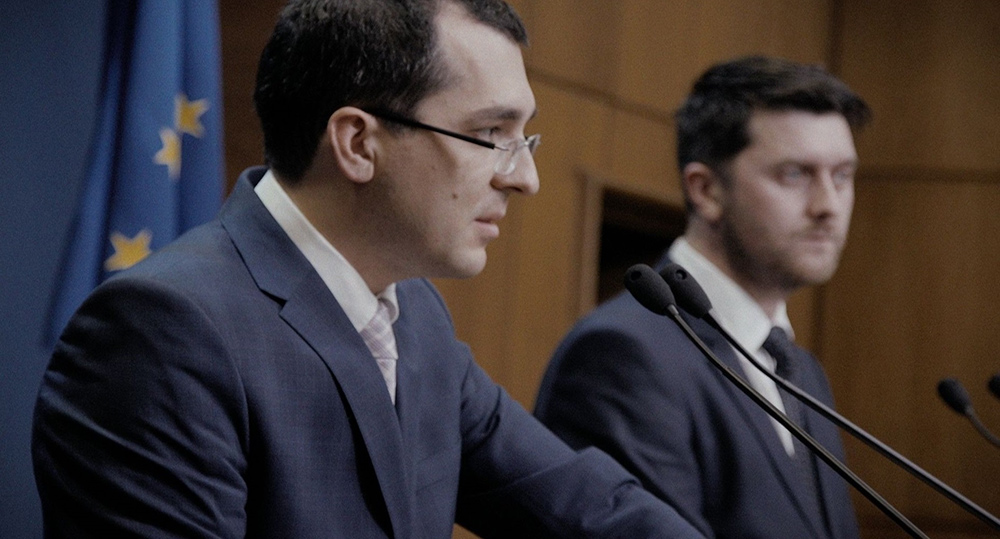!["Collective" Director Alexander Nanau How was this shocking documentary that captures the "moment" that exposes the injustices of the state created? [Director's Interview Vol.147]](https://cinemore.jp/images/a6485088c2aeed3bb40de3fcb018026bd4afebb67db1477ecc157f11b0bc483c.jpg)
©Alexander Nanau Production, HBO Europe, Samsa Film 2019
"Collective" Director Alexander Nanau How was this shocking documentary that captures the "moment" that exposes the injustices of the state created? [Director's Interview Vol.147]
Even the minister's conversation in the office was filmed
Q: The second half of the film focuses on the work and struggles of the new Minister of Health who is appointed to root out corruption. I was also surprised to see that the vivid interactions that the minister had with his staff in his office were even filmed. How did this interview come about?
Nanau: The big thing is that he wasn't a politician at heart. And I think it was because his staff were courageous people, and they came from fields other than politics. In the case of politicians, I think there is an unspoken rule that says, ``It's natural that there are secrets in their work, so don't reveal them,'' but they didn't really care about that rule.
Q: Was it unusual even in Romania to be able to conduct such an interview?
Nanau: I think it's rare. As you know, in documentary production, it is important to win the trust of the subject. The act of shooting and editing a video has a great impact because it involves controlling the image of the subject. The subject gives us that kind of control. That's why I don't think politicians in any other country would have been able to take pictures like this. They'll probably try to protect themselves, and they'll tell you to only take pictures of the side you want to show.

“Collective” ©Alexander Nanau Production, HBO Europe, Samsa Film 2019
However, by vividly showing politicians at work, I want the audience to feel that it is possible to make politics more transparent. If politicians are working for the citizens, there should be no problem with showing them how they work and the details of their political affairs.
Q: Since this work depicts corruption at the center of power, were there any threats or interference during the production process?
Nanau: There was no direct threat. However, I knew that my phone was being tapped and monitored because there were people in the intelligence service who would give me information. But my biggest fear was not that I would be harmed, but that my footage would be stolen or destroyed. Therefore, we took measures such as making copies of the footage on multiple hard disks and evacuating the footage overseas.
However, I don't think the people watching us could understand what we were trying to do. Even though they had taken the trouble to make a good video, they didn't release it right away, so they've been working on it for two or three years. You might have thought, "What do these filmmakers want to do?" (laughs)

